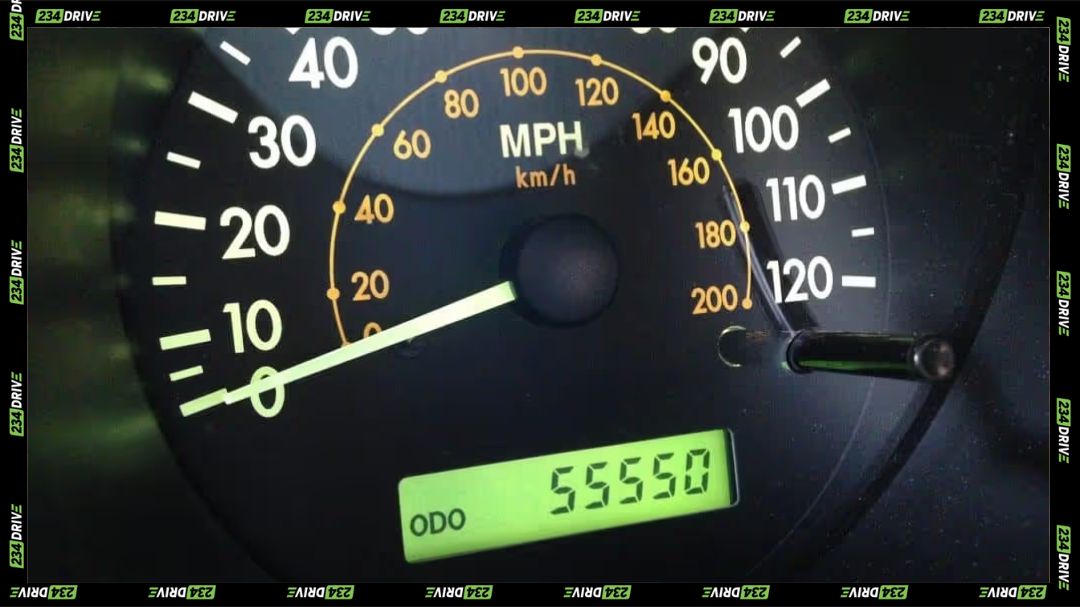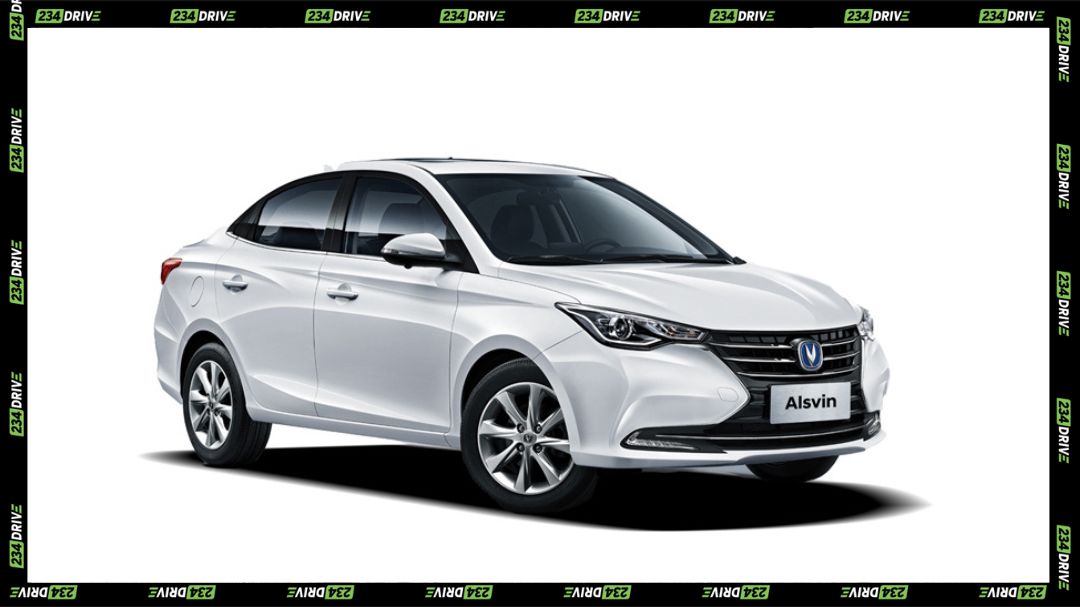Car mileage, often seen on a vehicle’s odometer, represents the total distance a car has traveled since it left the factory. It serves as one of the most crucial indicators of a vehicle’s age and overall wear. However, while mileage offers useful insight, it isn’t the only factor determining a car’s condition. In Nigeria, where road conditions, fuel quality, and driving patterns differ from those in developed countries, mileage can have an even deeper story to tell.
Mileage generally refers to the total number of kilometres or miles a car has covered. It’s a reflection of usage, showing how much stress different components — such as the engine, brakes, and suspension — have endured. A higher mileage typically means more wear, but that doesn’t automatically make the car unreliable. Many well-maintained vehicles continue performing strongly even after crossing high mileage milestones.
In Nigeria, the meaning of mileage extends beyond just distance traveled. Local realities like bad roads, adulterated fuel, and inconsistent maintenance standards mean that a car with 100,000 kilometers on Nigerian roads could experience the same level of wear as one with 200,000 kilometers driven abroad. As a result, Nigerian buyers are often more cautious when evaluating used or “tokunbo” (foreign-used) cars.
What Mileage Really Means
Mileage is primarily about usage. It tells how far the car has gone and helps predict future reliability. Some people also use “mileage” to describe fuel efficiency — how many kilometres a car can go per litre of fuel — but in most automotive discussions, it refers to total distance driven. Lower mileage usually suggests less mechanical strain, while higher mileage can signal the potential need for repairs or part replacements.

When buying used cars, especially imported ones, Nigerian buyers must be alert to odometer tampering. This is when sellers roll back the reading to make the car seem less used. Always verify with VIN (Vehicle Identification Number) reports or import history before committing to a purchase.
How Mileage Affects Vehicle Performance
As mileage increases, the chances of wear and tear rise across major systems like the engine, transmission, and suspension. After crossing about 150,000 kilometers, engines might start consuming more oil or losing compression. Suspensions and brakes also deteriorate faster, especially on Nigeria’s uneven roads.
Fuel economy often declines with age as well. A car that once offered great fuel efficiency may consume 10–20% more fuel over time. This becomes a bigger issue in Nigeria, where fuel prices and quality fluctuate. High-mileage cars can also face safety concerns, as worn brakes or tires increase the risk of accidents.
Economically, mileage influences both resale value and insurance rates. Studies show that for every additional 20,000 miles (about 32,000 km), a car’s value can drop by up to 20%. This makes low-mileage cars more attractive in the used market, though a well-maintained high-mileage car is still preferable to a neglected low-mileage one.
Mileage and the Nigerian Environment
Nigeria’s road and fuel conditions amplify the effects of mileage. Poorly maintained roads, potholes, and flooding cause faster suspension damage and tire wear. Reports suggest that over half of Nigerian car owners experience monthly repairs due to bad roads. Add in adulterated fuel, and you get clogged injectors, engine knocking, and reduced lifespan — all contributing to faster “aging” of cars regardless of mileage count.
Traffic congestion in cities like Lagos and Port Harcourt adds to the problem. Long idling times wear out engines without increasing the odometer reading, meaning a low-mileage car can still be in poor condition if it’s spent hours daily in gridlock.
Mileage Differences by Car Type in Nigeria
- Brand New Cars: These typically come with under 200 kilometres on the odometer and perform optimally with full manufacturer warranties. Nigerian heat and dust, however, may require earlier servicing. Fuel consumption may be slightly higher during the break-in period but stabilises after the first few thousand kilometers.
- Tokunbo (Imported Used) Cars: Most imported cars arrive with between 75,000 and 200,000 miles (120,700 km and 321,900 km). Many of these were driven mostly on smooth highways abroad, so their wear may be lighter than local cars with similar readings. Still, it’s vital to verify their mileage and history before purchase.
- Fairly Used (Locally Driven) Cars: These cars experience harsher conditions. A car with 150,000 kilometres driven in Nigeria might have more wear than one with double that mileage from abroad. Rough roads, overloading, and poor fuel often lead to faster deterioration, especially in suspension and engine components.
Why Mileage Matters for Nigerian Car Buyers
Mileage affects everything from performance to resale value. High-mileage vehicles usually come with more frequent maintenance needs, while low-mileage cars hold better value. However, focusing solely on mileage without considering service history, road exposure, and driver habits can be misleading.

For Nigerian car owners and buyers:
- Always verify mileage authenticity using VIN checks.
- Prioritise vehicles with a documented maintenance history.
- Conduct a mechanic inspection before buying.
- Use high-quality fuel and engine oil.
- Stick to regular servicing schedules, ideally every 5,000 km in harsh environments.
Mileage is more than just a number on the dashboard — it’s a story of how a car has lived, where it has been driven, and how well it’s been cared for. Understanding it helps Nigerians make smarter, safer, and more economical choices in the ever-growing automotive market.









